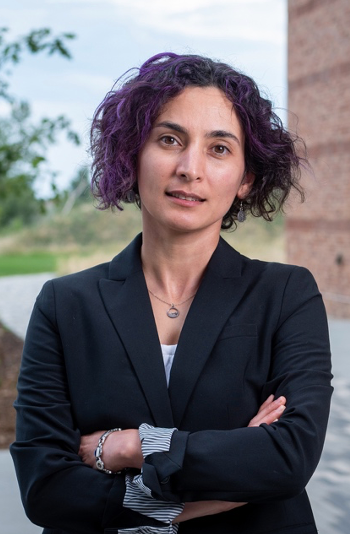
Gordon F. Kirkbright Bursary Award 2015
Applications are invited for the 2015 Gordon F. Kirkbright Bursary Award, which enables a promising student or non-tenured young scientist of any nation to attend a recognized scientific meeting or visit a place of learning.
Gordon F. Kirkbright Bursary Award 2015
Applications are invited for the 2015 Gordon F. Kirkbright Bursary Award, which enables a promising student or non-tenured young scientist of any nation to attend a recognized scientific meeting or visit a place of learning.
The fund for this bursary was established in 1985 as a memorial to Gordon Kirkbright in recognition of his contributions to analytical spectroscopy and to science in general. Although the Association of British Spectroscopists Trust administers the fund, the award is not restricted to spectroscopists.
The closing date for entries is December 31, 2014.
For more information, contact John Chalmers at
Newsletter
Get essential updates on the latest spectroscopy technologies, regulatory standards, and best practices—subscribe today to Spectroscopy.





